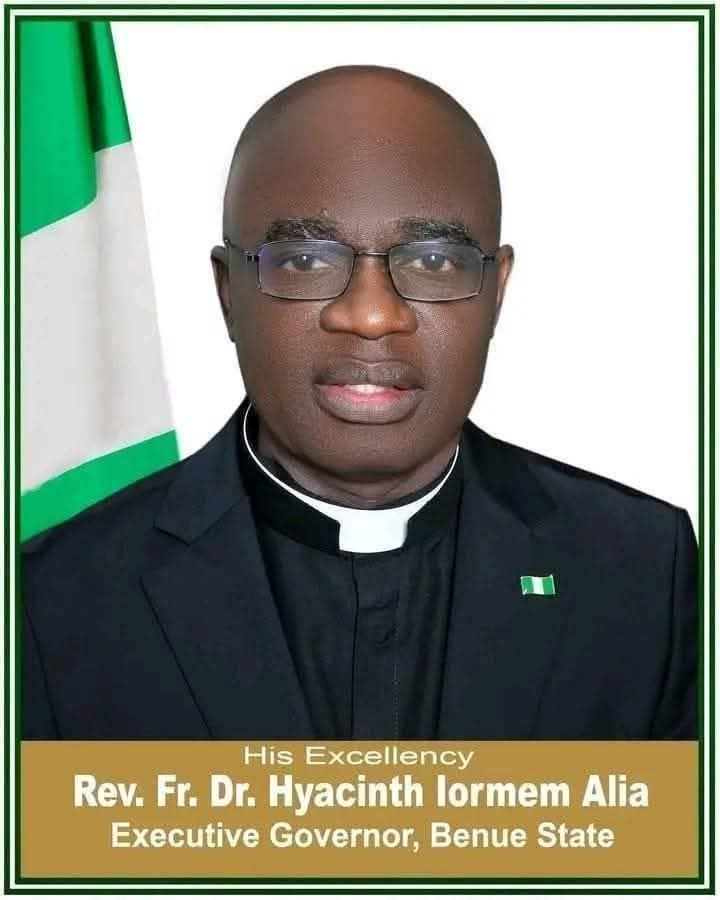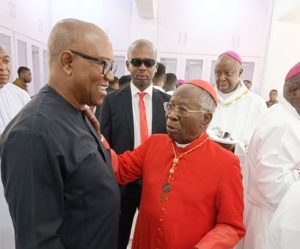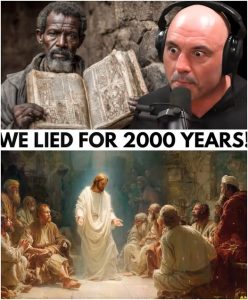Why The Church Forbids Priests From Partisan Politics

Why The Church Forbids Priests From Partisan Politics
The Catholic Church was wise when it forbade priests from participating in partisan politics (Can. 285, #3). The Church’s position on this matter is not arbitrary; it is rooted in a deep understanding of the priestly vocation, the nature of politics, and the mission of the Church.
A priest is ordained to be a shepherd of souls, a sign of unity, and a spiritual father to all – regardless of tribe, party, or ideology. The identity of the priest is configured to Christ the Good Shepherd, not to any political ideology or party.
Partisan politics, by its very nature, is divisive. It demands loyalty to a party line, often at the expense of truth and moral clarity. When a priest takes sides politically, he risks alienating those who look to him for pastoral care and moral guidance. His prophetic voice, meant to challenge all forms of injustice, may be muffled by party loyalty or political pressure.
The mission of the priest is not to govern states but to form consciences. The blending of sacramental authority with state power can confuse the faithful and damage the credibility of the Church’s impartial witness. It is even worse in some climes like Nigeria. where politics is deeply flawed, with systemic corruption and violence.
The Church in her wisdom made that prohibition in order to safeguard the integrity of the priesthood, the universality of the Church, and the clarity of her moral witness. It preserves the priest for what he is called to be: a servant of the Gospel, not an agent of the state.
Fr. Ugochukwu Ugwoke, ISch
![]()





